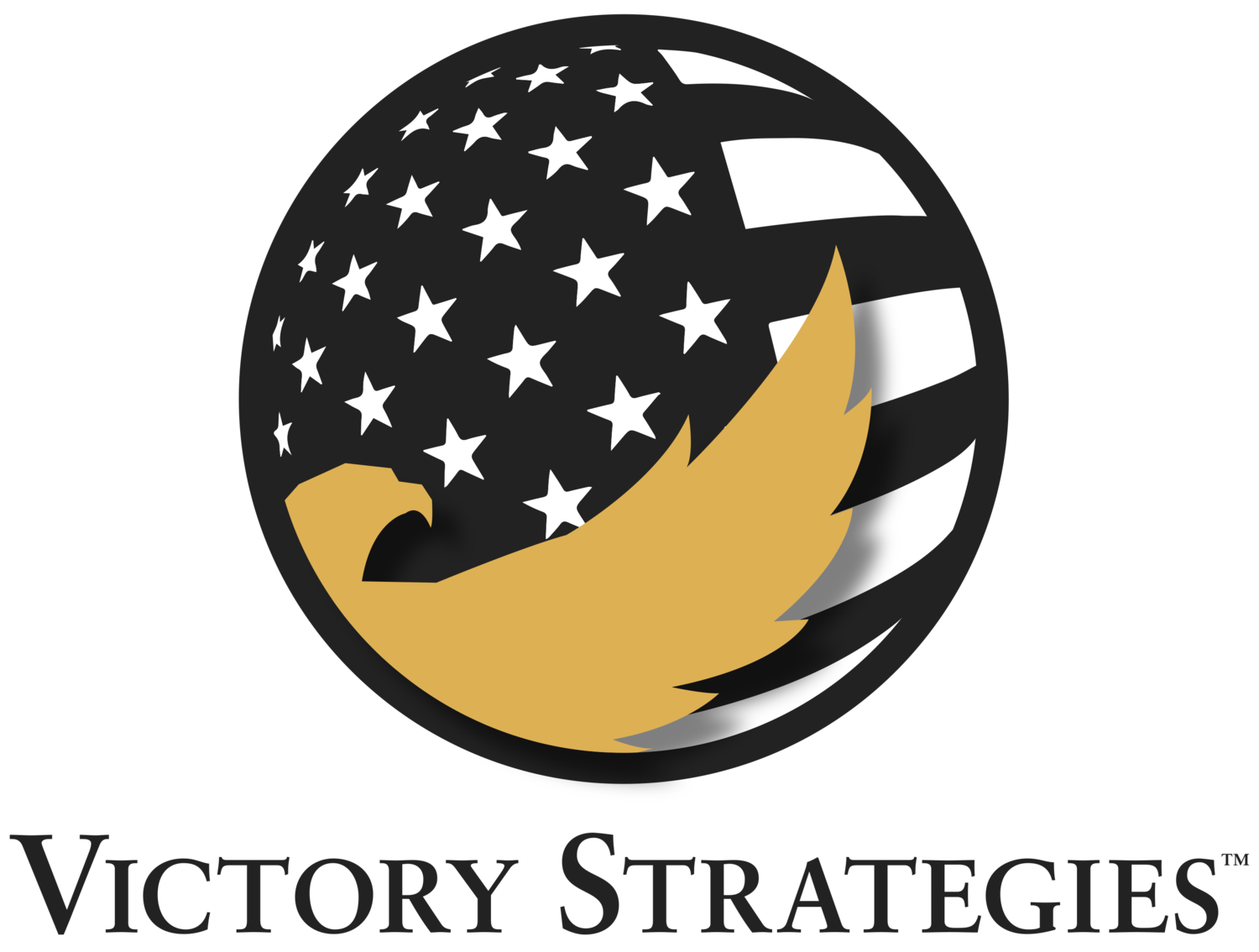In over 32 years leading organizations in dynamic and challenging environments, solving wickedly complex problems, a common question I heard over and over was, “how do I become a great leader?” Though I am unaware of a “leadership recipe,” I do know the first ingredient…self-awareness.
Leadership is a skill acquired over time. An accumulation of experiences both positive and negative. Every journey is unique and begins with personal self-awareness - a look into the mirror, an understanding of your personal strengths, weaknesses, goals, hidden biases, and motivators.
When I first became a lieutenant, I took the Myers-Briggs personality test and not surprisingly, I found myself described as an ENTJ (Extraverted, Intuitive, Thinking, and Judging). It was a start…it allowed me to understand my personality traits, habits, and more importantly, how my actions would be perceived by others. Not only is self-awareness a key element of emotional intelligence, but it is a conscious effort and willingness to recognize that reality is truth…the person sitting in your chair is complex!
The evolving nature of our individual personalities requires all of us to constantly review who we are, which establishes and promotes continuous individual growth and development.
I believe there are four key pillars to great leadership…competence, character, life balance, and humility. Self-awareness helps us develop our intellectual humility. Practicing humility makes us vulnerable but allows us to create an environment where our team feels comfortable acknowledging its own weakness and areas for improvement.
There are numerous 360-degree assessment surveys, motivator feedback models, and development programs that can assist in a person’s self-assessment and growth. They provide a great start, but we must recognize these surveys are simply snap shots in time. Self-awareness is a continuous process as our personalities evolve over the lifetime of our career. I can credit my success as a leader to an understanding of who I am, and how I fit into the environment of my team, organization, and my family. Sharing the results of your personal self-reflection/360-degree assessment is nerve racking, but integral to building a successful team.
In 2016 I had the opportunity to command the 1st Air Cavalry Brigade consisting of over 3,000 Soldiers and over 150 helicopters and deploy the unit to Afghanistan. One of the first team building events I conducted, as we prepared for our deployment, was communicate to my team my weaknesses, strengths, goals (personal and organizational), dislikes, likes, and biases. I believed, by sharing, it would allow the team and leaders to make decisions, when time was of the essence, with an understanding of how I would react, prioritize, and make decisions in the same situation. In military terms, we call this “commander’s intent.” Years later after our return, I was told by the leadership team that my candid and honest assessment was instrumental in allowing them to succeed and make critical decisions, confirming my belief that humility, empathy, and trust are biproducts of self-awareness and successful team building components.
Effective self-awareness does not simply start and end with a survey but is a continuation of self-learning and reflection over time. Other mechanisms shown to assist in our self-awareness include keeping a journal, setting goals and defining values, practicing gratitude and empathy, examining times when you make emotional decisions, and meditation. Data shows that self-awareness gets infinitely more difficult when we as leaders become more experienced and find themselves in positions of increased responsibility which leads to a false sense of security about our own capabilities…hubris is the enemy of self-awareness.
Leaders who focus on self-awareness, who show humility, empathy, and reflection are guaranteed to be better leaders both personally and organizationally. A lifetime of self-awareness provides you the ability to know who is sitting in your chair.
Authored by: John E. Novalis II, Managing Director
